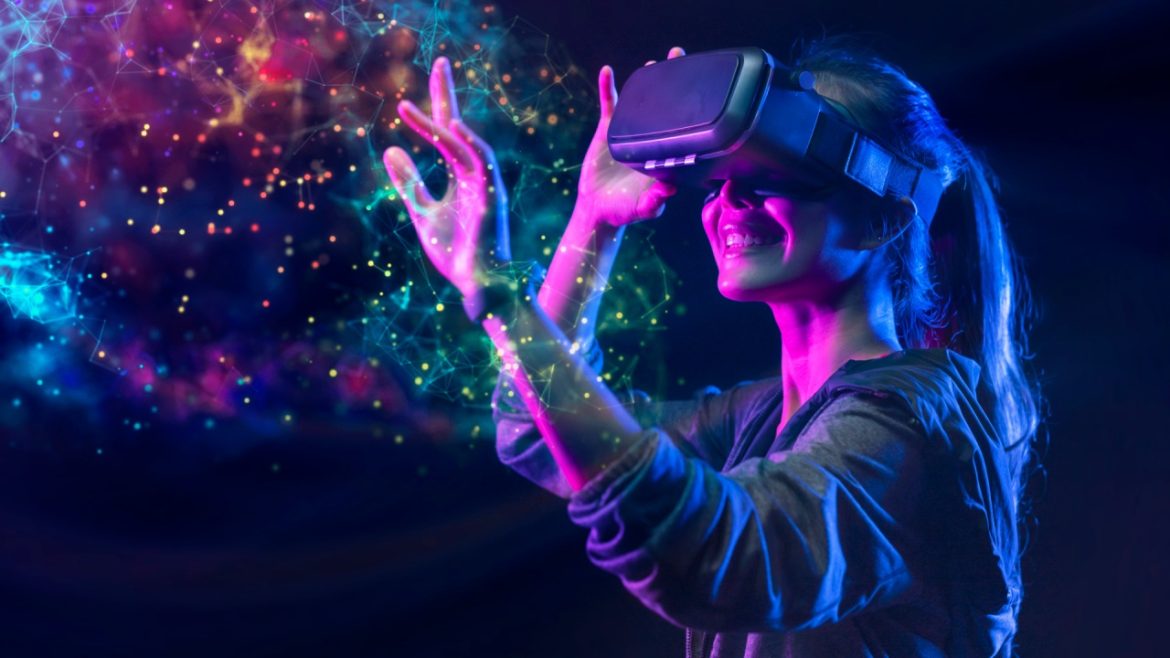Introduction
Virtual Reality (VR) technology has come a long way since its inception and is no longer confined to the realm of gaming and entertainment. In this article, we will explore how VR is making significant inroads into education and therapy, revolutionizing these fields in unprecedented ways.
Immersive Learning Environments
One of the most exciting applications of VR in education is the creation of immersive learning environments. VR can transport students to historical events, far-off places, or even inside the human body. This experiential learning not only engages students on a deeper level but also enhances their understanding and retention of complex subjects.
Virtual Training and Simulation
VR is becoming a game-changer in professional training. Industries like aviation, healthcare, and manufacturing are using VR simulations to train employees in realistic yet safe environments. Surgeons can practice complex procedures, pilots can hone their skills, and factory workers can learn to operate machinery without real-world risks.
Therapy and Mental Health
VR is proving to be a valuable tool in the field of therapy and mental health. Virtual Reality Exposure Therapy (VRET) is used to treat conditions such as PTSD, phobias, and anxiety disorders. Patients can confront their fears in a controlled virtual environment, making therapy more effective and less distressing.
Accessibility and Inclusivity
One of the strengths of VR in education and therapy is its potential to level the playing field. VR can provide equal opportunities for individuals with disabilities. For instance, students with mobility impairments can explore virtual worlds as easily as their peers, and VR therapy can be tailored to specific needs.
Ethical Considerations
As VR technology advances, it brings ethical considerations to the forefront. Issues of data privacy, content appropriateness, and addiction potential must be carefully addressed. Additionally, ensuring that VR technology remains affordable and accessible to all is essential to avoid exacerbating educational and healthcare disparities.
Future Possibilities
The future of VR in education and therapy is promising. With ongoing advancements in hardware and software, we can expect even more realistic and immersive experiences. Collaboration between educators, therapists, and VR developers will continue to drive innovation in these fields.
Conclusion
Virtual Reality is breaking free from the confines of gaming and entering new frontiers in education and therapy. Its potential to transform learning, training, and mental health treatment is undeniable. However, as we embrace these technological advancements, we must remain vigilant in addressing ethical concerns and ensuring equitable access for all.

